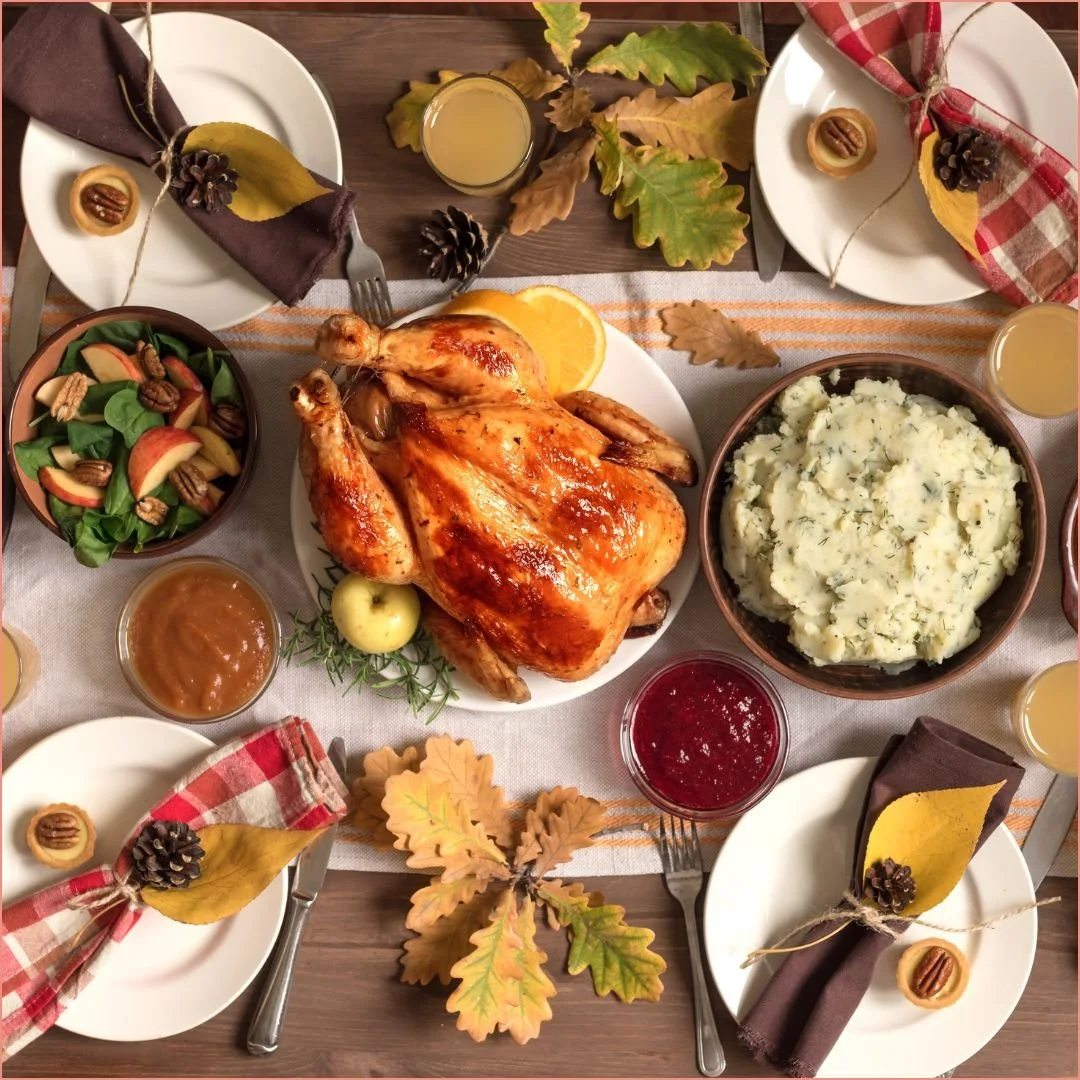Does Turkey Really Make You Sleepy? The Truth About Tryptophan
Does Turkey Really Make You Sleepy? The Truth About Tryptophan
For years, turkey has been unfairly blamed for post-Thanksgiving sleepiness, with tryptophan, an amino acid found in turkey, being the supposed culprit. However, science doesn’t back up this claim. Let’s explore the facts and dispel this myth once and for all.
What Is Tryptophan?
Tryptophan is an essential amino acid, meaning your body can’t produce it, so it must be obtained through food. It plays a role in producing serotonin, which is later converted into melatonin, a hormone that helps regulate sleep.
Because of this connection, tryptophan has earned a reputation as a natural sleep aid. Supplements like L-tryptophan are even marketed for this purpose. But here’s the catch: simply eating foods containing tryptophan doesn’t guarantee a good night’s sleep.
How Much Tryptophan Is in Turkey?
Turkey does contain tryptophan, but it’s not unique in this regard. Chicken and ground beef contain similar amounts of tryptophan. Foods like sunflower seeds, soybeans, and even milk contain more tryptophan than turkey.
Why Turkey Alone Won’t Make You Sleepy
For tryptophan to make you feel sleepy, a few things need to happen:
It must cross the blood-brain barrier: This requires tryptophan to be consumed without other amino acids (like those found in protein).
It must be eaten on an empty stomach: Meals rich in protein or mixed with other foods can inhibit tryptophan’s ability to affect the brain.
Tryptophan doesn't act alone since turkey is typically consumed as part of a meal, along with plenty of other protein, carbohydrates, and fats.
Why You Feel Sleepy After Thanksgiving Dinner
If turkey isn’t the culprit, what’s causing the food coma? Here’s a more likely explanation:
Overeating: Large meals require more energy to digest, redirecting blood flow to the stomach and away from other parts of the body, making you feel sluggish.
Carbohydrate Overload: Thanksgiving meals often include starchy sides like mashed potatoes, stuffing, rolls, and desserts. High-carb foods can increase serotonin production, contributing to a relaxed, sleepy feeling.
Alcohol Consumption: If wine or cocktails are part of your celebration, the sedative effects of alcohol can amplify feelings of tiredness.
The “Big Turkey Sandwich” Myth
A friend once claimed that eating a “big turkey sandwich” and a glass of milk every night helped him sleep, citing the turkey’s tryptophan as the secret. I had to break the news to him: it wasn’t the turkey doing the work—it was the sheer volume of food.
Regardless of the specific ingredients, large meals can make you sleepy due to the body’s digestion process. The same effect could likely occur if the sandwich had been ham or chicken instead of turkey.
So, Is Turkey Off the Hook?
Yes! Turkey isn’t making you sleepy—your holiday habits are. That post-meal nap is more about the quantity and type of food consumed (and maybe the alcohol) than the bird on your plate.
If you feel the urge to nap after dinner this holiday season, enjoy it guilt-free. Just don’t blame the turkey!
Real World Nutrition Refreshed: I am revitalizing and updating my archive of blogs and re-publishing them. Stay tuned as I review, update, refresh, and re-share these posts to provide you with even more valuable information on nutrition, health, and overall wellness—and keep things timely. A portion of this blog was initially posted on November 4, 2021, and is updated here.

